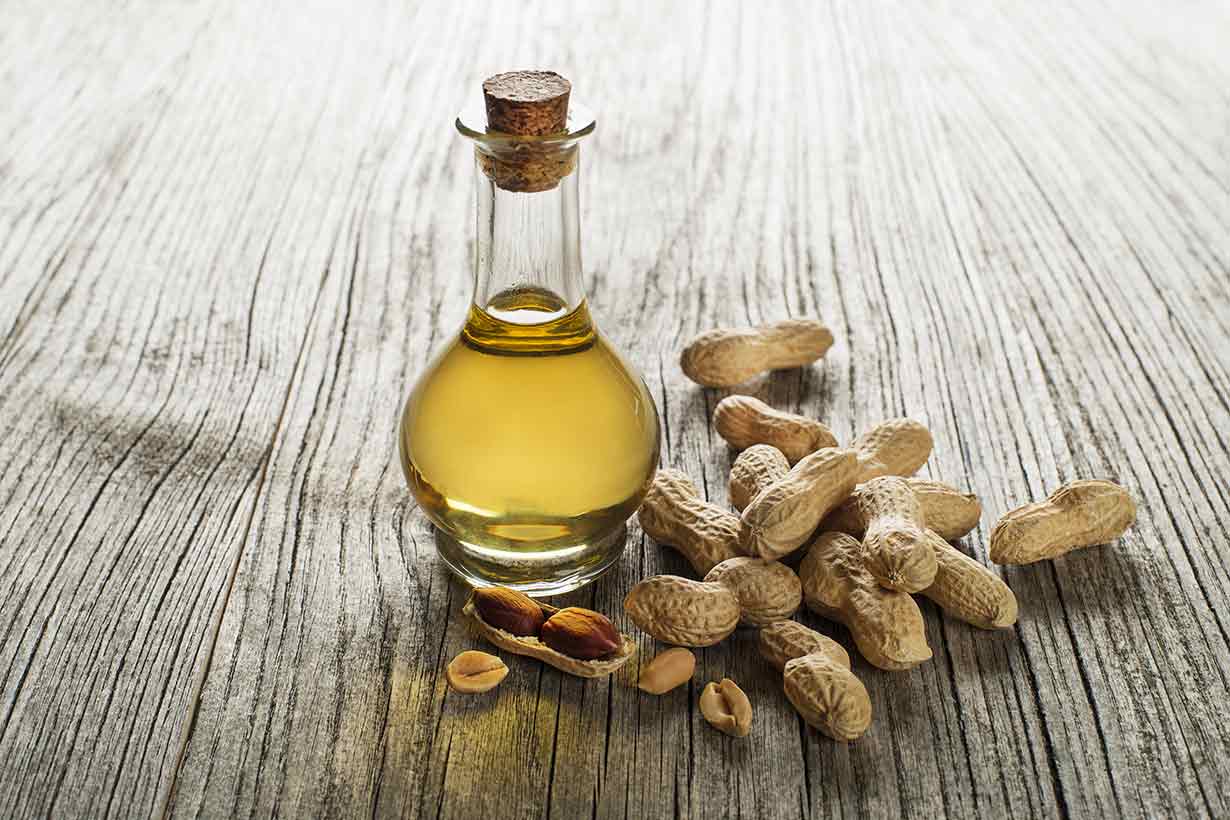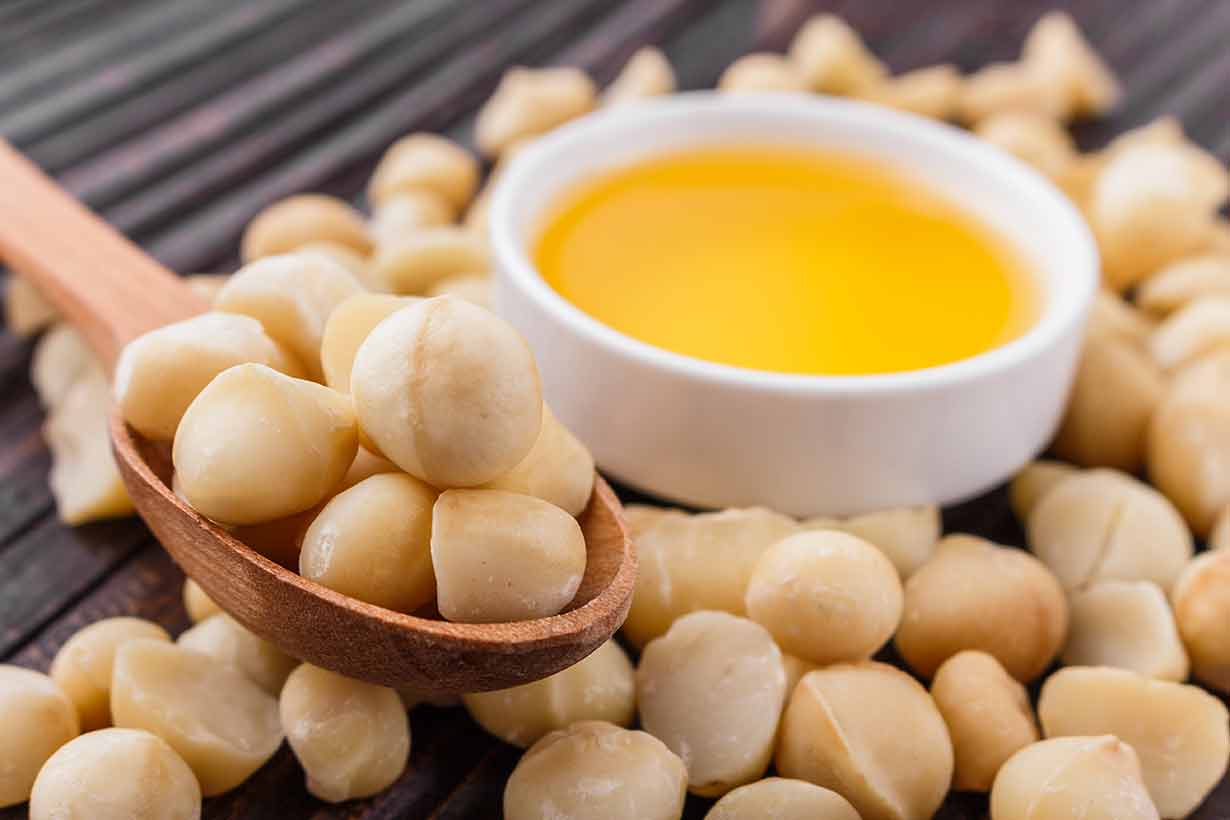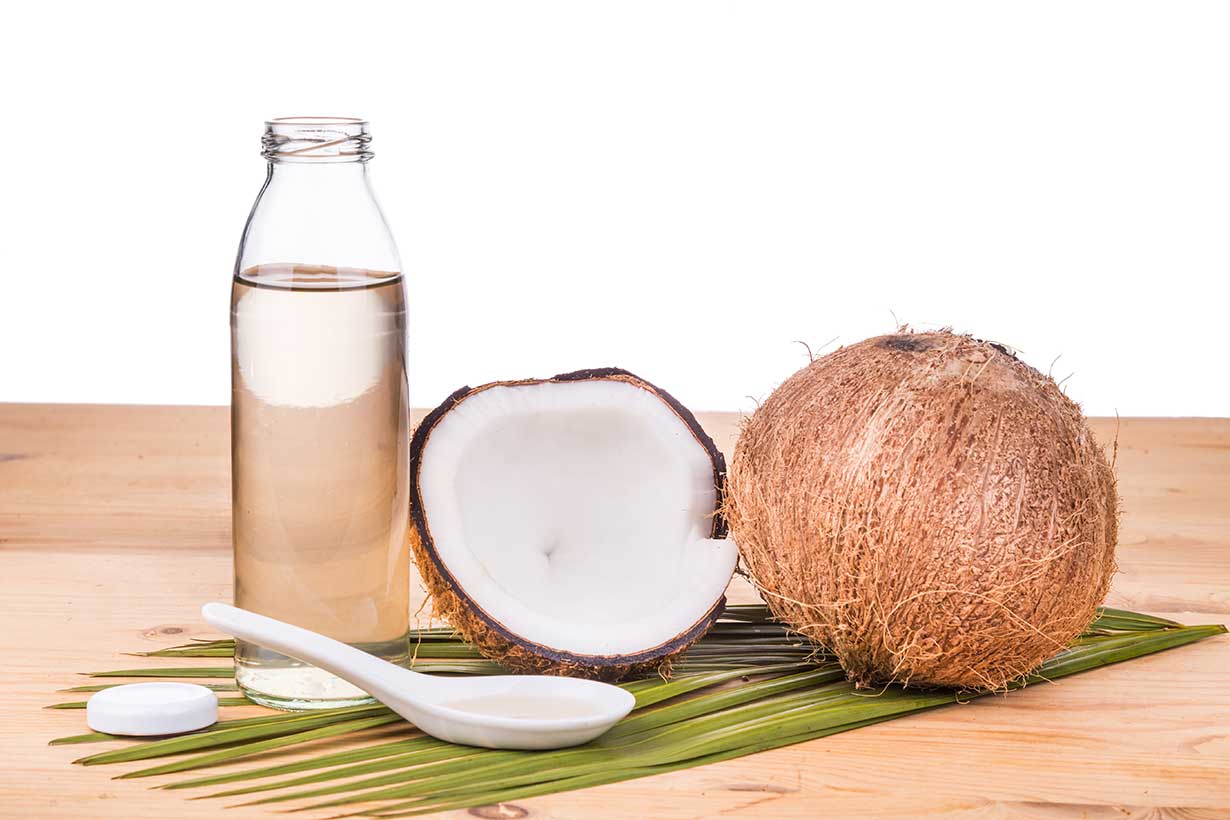Choosing a cooking oil can be a difficult decision, with the right choice depending on the intended usage and the individual context.
Two of the most popular cooking oils are olive oil and canola oil, with the latter also known as rapeseed oil. Both of these oils have contrasting nutritional properties, which may affect our health in different ways.
In this article, we’ll provide an in-depth and objective comparison of the two. As part of this, we’ll focus on their nutritional values, general characteristics, heat stability, and recent findings from scientific research.
By the end of the article, you’ll have all the information you need to make an informed decision.
Olive Oil vs. Canola Oil In a Nutshell
- Fatty acid profile: While both oils are predominantly a source of monounsaturated fat, canola oil contains more polyunsaturated fat whereas olive oil is higher in saturated fat.
- Best for high heat: Due to its fatty acid profile, olive oil exhibits better oxidative stability than canola oil, generating a lower number of oxidation products.
- Health benefits: Research shows canola oil reduces LDL cholesterol compared to olive oil, while studies investigating inflammatory markers have presented mixed findings.
Important Note: The content in this article is for informational and educational purposes only. It should not replace medical advice from your healthcare provider.
Olive Oil vs. Canola Oil: Nutrition Facts

First, let’s examine how the two oils compare nutritionally.
The following table shows the nutrients you can find in a tablespoon serving of olive oil (13.5g) and canola oil (14g). The nutritional data is sourced from the USDA’s FoodData Central database (1, 2).
| Nutrient | Olive oil | Canola oil |
|---|---|---|
| Calories | 119 kcal | 124 kcal |
| Carbohydrates | 0g | 0 g |
| Fat | 13.5g | 14.0g |
| Saturated fat | 1.86g | 1.03g |
| Monounsaturated fat | 9.86g | 8.86g |
| Polyunsaturated fat | 1.42g | 3.93g |
| Omega-3 | 0.10g | 1.28g |
| Omega-6 | 1.32g | 2.66g |
| Protein | 0g | 0g |
| Cholesterol | 0 mg | 0 mg |
| Vitamin E | 1.94 mg | 2.45 mg |
| Vitamin K | 8.13 mcg | 9.98 mcg |
| Calcium | 0.14 mg | 0 mg |
| Iron | 0.08 mg | 0 mg |
| Potassium | 0.14 mg | 0 mg |
| Sodium | 0.27 mg | 0 mg |
| Choline | 0.04 mg | 0.03 mg |
As the table shows, according to USDA data, here’s how the nutritional values of olive oil and canola oil compare:
- Calories: The two oils have a similar calorie provision, with canola containing slightly more. This is because a tablespoon of canola is 14 grams compared to olive oil weighing 13.5g. The weight contrast is explainable by canola being slightly denser, thereby weighing more (3, see table 2).
- Fatty acids: Both oils contain similar monounsaturated fat content. Olive oil has a slightly higher saturated fat content, while canola has more polyunsaturated fat.
- Micronutrients: Both oils contain a good amount of vitamin E, with olive oil providing approximately 13% of the daily value and canola offering about 16% (4). Aside from vitamin E, neither oil is a significant source of essential vitamins or minerals.
Implications From the Differing Fat Profiles of Olive and Canola Oil
As shown in the nutrition facts section, canola oil contains approximately half as much saturated fat as olive oil. It also has more than twice the polyunsaturated fat and omega-6 content, and significantly more omega-3.
Impact on Cholesterol Levels
Saturated fat typically raises “bad” LDL cholesterol (LDL-C) and omega-6 polyunsaturated fat decreases it. Studies have shown these changes to be associated with lower cardiovascular risk (5, 6, 7).
Based on the differing effects of the fats they contain, it would be expected that canola oil lowers LDL-C compared to olive oil.
We will examine whether studies support this assertion in the ‘research findings’ section of this article.
Oxidative Stability
Additionally, since saturated fats are typically more stable when heated than polyunsaturated fats, it would be expected that olive oil would provide better heat stability.
This means that it should take longer for the oil to breakdown and start generating oxidation products, which can potentially have adverse impacts on the flavor of the oil and, potentially, our health (8).
Studies in this area have supported this, with olive oil displaying better oxidative stability—and producing fewer oxidation products—than canola oil (9, 10). Furthermore, adding olive oil to canola oil has been shown to improve canola’s stability (11).
While the heat stability of an oil is important—particularly if cooking food for long periods at high temperatures—it is only part of the story. To get a fuller picture, we need to examine research on the respective health effects of olive and canola oil.
Scientific Research Findings On (and Comparing) Olive Oil and Canola Oil
Let’s now examine the research that focuses on olive oil and canola oil, as well as studies that directly contrast the effects of both.
Impact on Blood Lipids (Cholesterol)
- A 2024 umbrella review of systematic reviews and meta-analyses examined the health outcomes linked to different vegetable oils. The review found that moderate to low certainty evidence linked both canola and olive oil to reducing total cholesterol and LDL cholesterol (12).
- A 2023 systematic review and meta-analysis of randomized controlled trials analyzed the impact of canola and olive oil on blood lipids. After reviewing data from 13 randomized controlled trials, canola oil more effectively lowered LDL cholesterol and total cholesterol than olive oil. The authors concluded that replacing olive oil with canola oil “can have cardioprotective impacts” (13).
- A 2020 systematic review and meta-analysis of 42 clinical trials found that canola oil decreased total cholesterol, LDL cholesterol, and triglycerides compared to olive oil (14).
These results confirm what would be expected from the respective fatty acid profiles of canola and olive oil. Since canola contains slightly less saturated fat and more polyunsaturated fat, it has a greater impact on lowering LDL cholesterol than olive oil.
While canola oil is associated with lowering LDL cholesterol, a 2023 systematic review and meta-analysis of randomized controlled trials found that olive oil has “trivial effects” on cholesterol levels (15).
However, it should be noted that olive oil is still low in saturated fat compared to many fat sources. While it may not lower cholesterol compared to canola oil, randomized controlled trials show that it does lower cholesterol compared to highly saturated fats like butter and ghee (16, 17).
Impact on Inflammatory Markers
Inflammatory markers are compounds found in the blood that, when elevated, can signal inflammation in the body (18).
Inflammation is a natural response to damage from things like infections and wounds, being a perfectly natural—and desired—response from the body (19).
However, persistent, chronic inflammation can indicate that the immune system is having to overwork to protect the body, and it has been associated with an increased risk of chronic diseases like type 2 diabetes and heart disease (20, 21, 22, 23, 24).
But how do canola and olive oil affect inflammatory markers, and are there any differences between the two?
- A 2020 randomized controlled trial involving 48 participants examined the effect of canola and olive oil consumption on inflammatory markers. Levels of an inflammatory marker called interleukin-6 (IL-6) were significantly lower following olive oil consumption compared to canola oil. However, levels of a different inflammatory marker called Lp-PLA2 was lower following canola oil—but there were no significant changes in Lp-PLA2 activity (25).
- A 2020 randomized controlled trial involving 44 patients compared the effects of canola and extra virgin olive oil on inflammatory markers in ulcerative colitis. The study found that extra virgin olive oil significantly reduced inflammatory markers and improved ulcerative colitis symptoms compared to canola (26). Note: This study used extra virgin olive oil rather than regular olive oil.
- A 2015 randomized controlled trial involving men with obesity found that daily canola intake over 4 weeks lowered inflammation in subcutaneous fat tissue compared to olive oil. However, there was an increased pro-inflammatory effect 4 hours after each test meal containing canola compared to olive oil. This study presents mixed findings, suggesting that longer-term canola intake may decrease inflammation in subcutaneous fat tissue, but each intake has a higher pro-inflammatory response (27).
While the findings from these studies are quite mixed, both oils have shown various effects on inflammatory markers. However, it is difficult to state either oil had clear anti-inflammatory benefits over the other.
That said, it is possible that extra virgin olive oil may have a clearer benefit for inflammatory markers due to its higher polyphenol content, with systematic reviews linking extra virgin olive oil polyphenols to anti-inflammatory effects (28, 29, 30).
Related: Extra Virgin Olive Oil: Is It Good For You?
Olive Oil vs. Canola Oil: Which is the Healthier Option?
As we’ve discussed in this article, the fat content of both oils is different:
- Canola oil has a higher amount of polyunsaturated fat, with correspondingly higher levels of omega-3 and omega-6.
- Olive oil has more saturated fat, with approximately 1.8x the amount.
- Both oils are primarily a source of monounsaturated fats, with olive oil having slightly more.
In terms of their characteristics and effects:
- Olive oil has better heat stability due to its higher saturated and monounsaturated fat content.
- Canola oil consistently lowers LDL cholesterol compared to olive oil, due to its higher polyunsaturated fat content.
- Inflammatory markers: According to the existing research, neither oil appears to have a consistent advantage over the other.
Despite their differences, both oils are generally thought of as a healthy choice, so “which is better” largely depends on the individual:
- The argument for canola oil: For those who are trying to lower their blood cholesterol levels, a systematic review shows canola oil is more effective in this regard.
- The argument for olive oil: For those who do lots of high heat cooking, the higher heat stability of olive oil might be a better option
Aside from this, both are fine dietary choices, and personal preference may be the decisive factor. However, as with all concentrated sources of fat, both oils are very high in calories and should be used sparingly.









